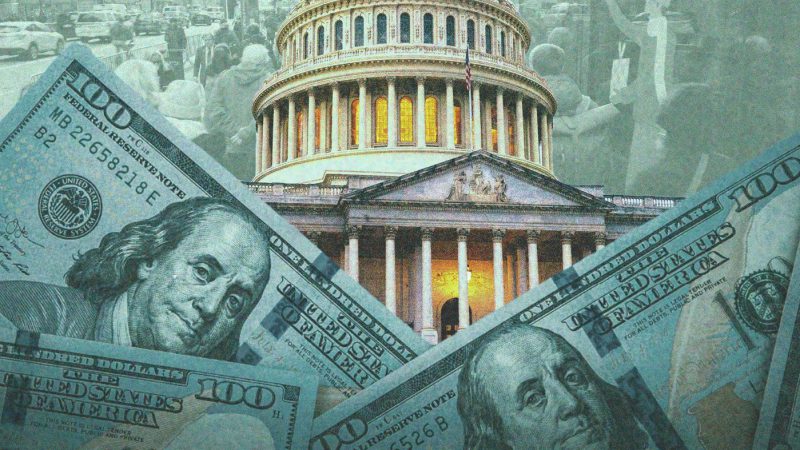The U.S. reached its $31.4 trillion statutory debt ceiling in January of this year. Although the development has caused worry among lawmakers and finance experts, many regular citizens are not aware of how it may affect their daily lives.
The U.S. Congress and the White House have still not come to a conclusion on raising the debt ceiling. According to Treasury Secretary Janet Yellen, the Treasury Department might begin missing payments on its debts as early as June 1.
How would the trouble from the U.S. debt ceiling start?
Washington would face intense pressure to continue making bond payments. These bonds are the foundation of the world financial system. An unprecedented Wall Street catastrophe would occur if a payment was missed. According to Mark Zandi, an economist at Moody’s Analytics, “It would be downright cataclysmic.”
The event could lead to stock markets falling. Americans would soon realize the devastating blows caused to their retirement portfolios. Within a few days, the country’s businesses, retirement communities, and medical facilities may all feel the effects of the lack of federal funds.
Even if the Treasury paid bonds on schedule, the crises’ underlying political dysfunction would create mistrust in the future of the American economy. The majority of American possessions, including homes and retirement funds, would see a decline in value. Interest rates would rise, making it more difficult to finance the purchase of a home, automobile, or business venture. The financial chaos would lead to the economy entering a recession within a matter of days.
Read More: How Does the U.S. Debt Ceiling Affect Bitcoin and Risky Assets?
Would it get worse?
Following a default, the widespread layoffs that are typically associated with recession may take weeks to occur. Moreover, federal spending of hundreds of billions of dollars might be removed from the economy right away.
Insurance firms, hospitals, and doctor’s offices can be among the first to be taken advantage of. They owe Medicare, the nation’s public health insurance program for seniors, nearly $47 billion as of June 1.
Additionally, some doctors might not have enough money to cover staff and other expenses. This is because Medicare only covers roughly a fifth of U.S. healthcare costs. Scheduling surgeries and other procedures without the means to pay for them would require difficult considerations.
Furthermore, payments to government contractors, including the $1 billion in defense contractor payments due on June 2, may also cease. On June 9, $4 billion in salary for a portion of the federal workforce of 2 million workers may not be paid. Schools anticipating $1 billion in government aid may not receive it. It’s possible that some payments will arrive with big delays.
Therefore, there are far-reaching consequences if the U.S. debt ceiling is not dealt with. Not only would Americans face distraught, but the global financial model would also be shaken.





